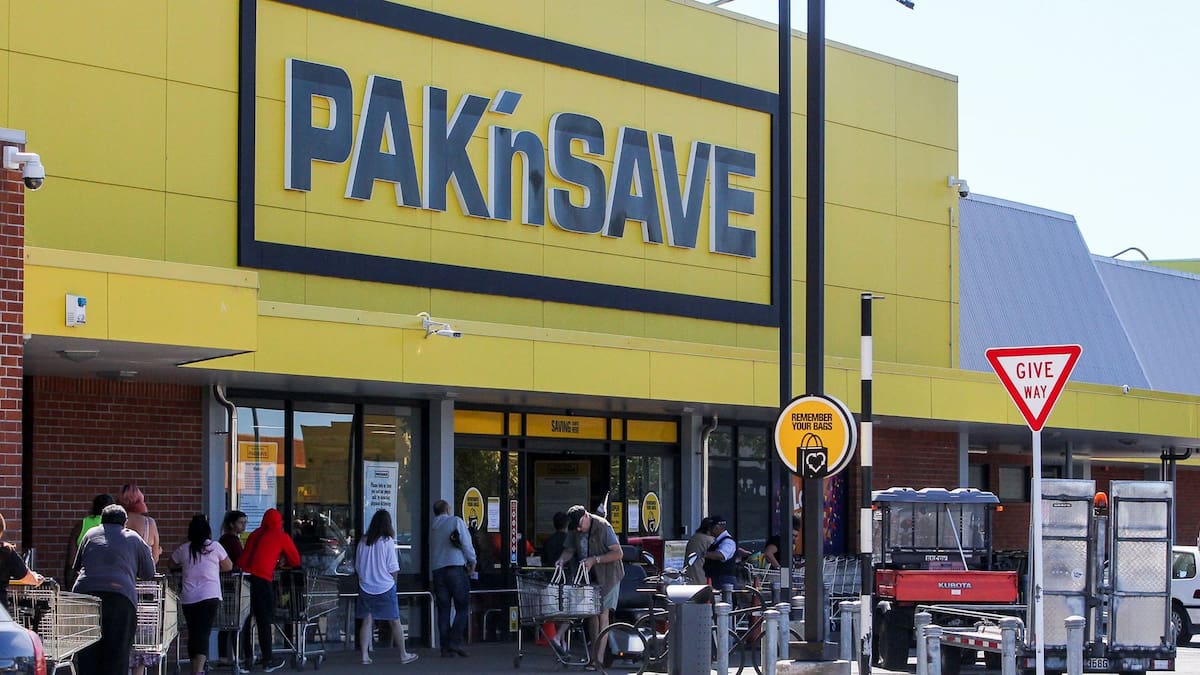But the Commission said it was concerned the consolidation with the proposed merger would lead to reduced investment and innovation by suppliers.
And that in turn would mean reduced consumer choice “and/or quality” of grocery products in New Zealand for consumers, the Commission added.
Foodstuffs applied for merger clearance from the Commerce Commission in December.
In July the Commerce Commission said it was unconvinced by Foodstuffs’ merger plan.
The two Foodstuffs owner-operator co-ops – which run the supermarket banners New World, Four Square and Pak’nSave among other businesses – are separate entities, though they already co-operate in various ways.
In addition, they stick to their respective islands and do not compete at the retail level.
Both Foodstuffs entities today voiced disappointment at the Commerce Commission decision.
Foodstuffs North Island CEO Chris Quin said the merger was a once-in-a-generation opportunity for Foodstuffs to position the entities to meet the challenges of a fast-evolving market.
“This merger is about bringing together the back-end support functions of our two regional co-ops to become more efficient and competitive, so we can better serve our customers. That’s good for everybody,” said Quin.
“This process is about a legal test, and we were confident in putting forward our proposal that it satisfied the legal test. While we’re disappointed with the decision, we’ll await the Commerce Commission’s full reasoning and take time to review it before we decide our next steps,” Quin said.
The co-ops said owner-operators voted overwhelmingly in support of the proposed merger in June.
“It was a clear sign that both co-ops were united in our vision for the future and committed to delivering the benefits,” Foodstuffs South Island CEO Mary Devine said.
“By joining forces, we would be better equipped to invest in new technology, streamline how we operate and bring fresh ideas to both in-store and online shopping,” she added.
“The merger would help us stay ahead of global industry trends, adapt quickly to disruptions, improve how we partner with our suppliers, and continue to serve our communities with the same dedication and excellence that has always defined us.
“Operating as one national business, like our main local and global competitors do, just makes a lot more sense.”
“Power underpinned the merger request, not the best interests of New Zealand shoppers,” University of Sydney Business School retail subject matter expert Lisa Asher said.
“The Federal Trade Commission in the United States is blocking the merger of Albertsons and Kroger, the largest proposed grocery merger in US history,” she added.






